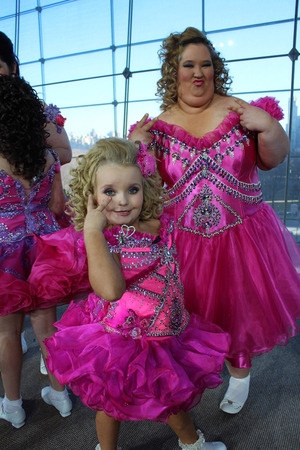Celebrate Your Chatty Child
By Guest Blogger Lisa Doss with Forsyth Family magazine
Well before the ideas are formed into words and sentences, some children will be driven by the need to test pitches and volumes through their ability to make sounds. Through sheer determination, she may become a child who never stops thinking and rationalizes problems out loud, asks inquisitive questions, and bursts into creative, original songs when a moment is too quiet.
Parents of loquacious children should anticipate the moment when their talkative, energetic child does not meet the needs of a classroom, which requires compliant listeners. Through an e-mail or handwritten letter from the teacher, a child’s behavior will be expressed through the terms “chatter,” “impulsive talking,” or “disruptive behavior.” There will be another unspoken message in the letter. Without home guidance, talkative children will receive a negative label. To focus on the positive, the loquacious child needs to understand that their ability to display confidence and openly communicate is, in fact, a wonderful gift, if channeled correctly.
There is a correlation between high intellect and the openly communicative child. Rather than feel embarrassed among peers, there are numerous tools and means to channel the purpose of talking. With enough practice and guidance, a child will discover they are receiving praise for their ideas and contributions, rather than punishment.
Here are a few learning strategies:
Learning Control: A stress ball could be used as a tool to hamper the urge to talk. While it is a temporary strategy, a quick squeeze can empower a child to feel in control. (There will be rules for having the ball at school; so, consider talking about this option, and all options with the classroom teacher.)
Listening: Establish time to allow your child to talk openly at home, and pay attention to the flow and banter of the conversation. If your question is interrupted, impart a teachable moment. You can say, “How do you feel when someone interrupts you or doesn’t give you a chance to speak?” Additionally, if you are reading aloud a book, stop reading and wait. Cues will help young children understand when to talk and when to listen. Through lessons, children can learn how to use their voice constructively, and also feel they are being heard.
Quiet Moments: If your child loves music, provide inspiration to complete a set number of homework questions before playing one favorite song or watching one music video. While keeping your child focused on a task, she’ll learn the value of getting her work completed, too. In addition, visiting a quiet place such as a library for an hour each week will model the rule that not all places use voice.
Offer Social Opportunities: One fantastic outlet for young children to practice engaging in conversations is to have time meeting new and old friends at a local park. Remind your child to introduce him- or herself. Once you have left the gathering, offer one comment of praise, especially if confidence needs to be lifted.
Group Dynamics: Soccer, T-ball, dance or gymnastics lessons would impart a defining role for a child. Learning about the group dynamic is a healthy means to encourage confidence and build a child’s strength to communicate, listen, watch and follow directions, while engaging in some form of movement.
Remain Calm: Young children become easily frustrated and can display emotions through anger and voice. It is always important to maintain your normal level of calmness through body language and lowered tones. This is a wonderful moment to discuss why words can be helpful or hurtful. If a child needs a “timeout” to think about his or her actions, allow it. Five to ten minutes is ample time to reconnect and have an open conversation.
The Developmental Process
For some children, it is comforting to talk out loud. This is part of the developmental process until children are about eight years of age; however, once children learn the rules of open communication, the opportunities can be used to speak publicly, debate, lead, act, sing, or perform in some way. While children can feel empowered by the mere gift of talking, think how this skill could be applied in life. The ability to resolve conflict and find solutions through voice and banter is truly a remarkable gift!






